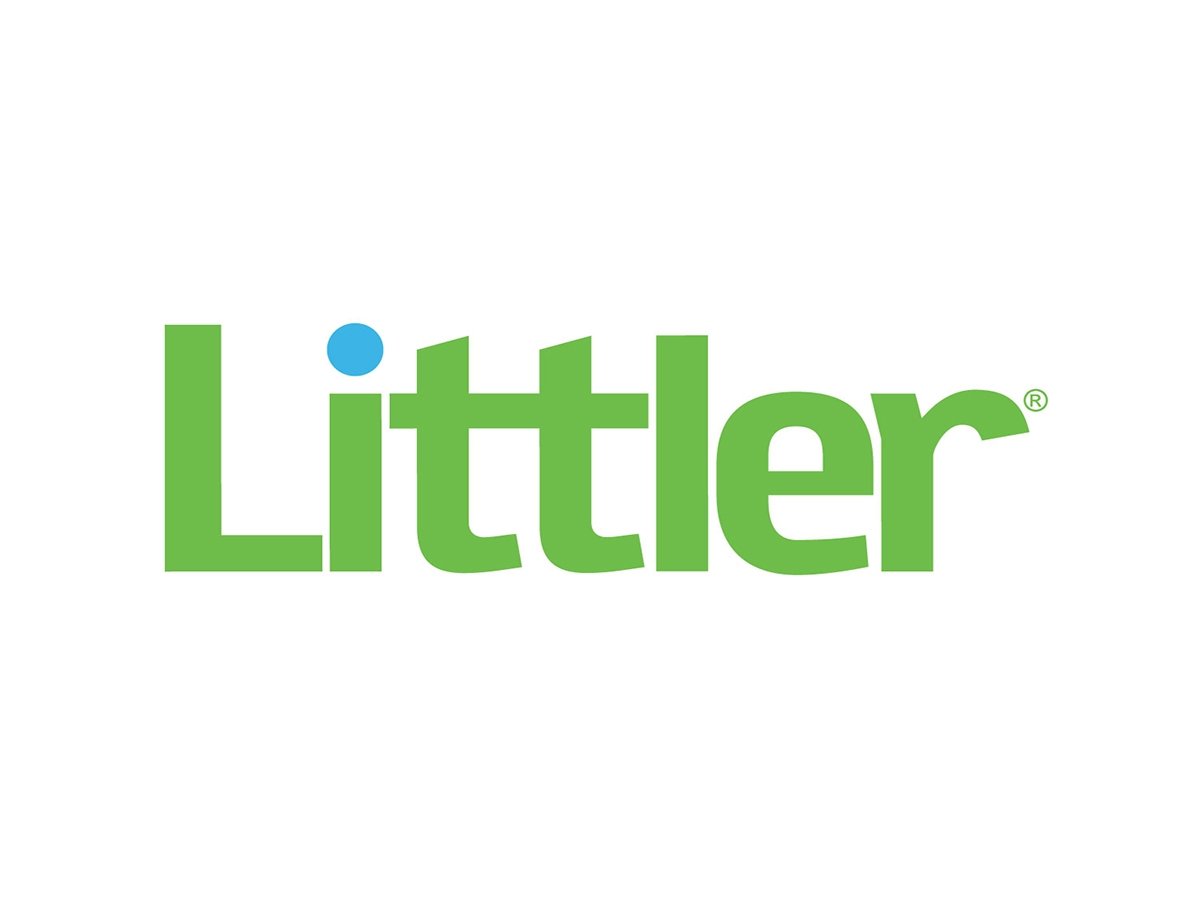In July, the Third Circuit upheld a District of New Jersey decision to throw out a withdrawal liability assessment, finding the multiemployer pension fund was barred from pursuing its claim because the fund unreasonably delayed notification of a withdrawal liability assessment for 12 years.
Withdrawal Liability Assessments Under ERISA
The Employee Retirement Income Security Act of 1974 (ERISA), as amended by the Multiemployer Pension Plan Amendments Act of 1980 (MPPA), sets minimum funding and other standards for multiemployer defined benefit pension plans. Under ERISA and MPPA, an employer that exits a multiemployer plan must pay “withdrawal liability” to the fund to cover the employer’s “share” of the fund’s unfunded vested liabilities.
When an employer triggers a withdrawal, multiemployer pension funds must “notify the employer” as “soon as practicable” of the “amount of the liability” and “the schedule for liability payments.” 29 U.S.C.A. § 1399(1)(A). This provides the employer the chance to analyze a fund’s alleged assessment, challenge any inaccuracies in it, and if necessary, initiate arbitration over disagreements related to the assessed liability.
Decision Highlights Affirmative Responsibilities of Multiemployer Pension Funds
“[D]iligence is what the Multiemployer Pension Plan Amendments Act of 1980 requires.” Allied Painting & Decorating, Inc. v. Int’l Painters & Allied Trades Indus. Pension Fund, 107 F.4th 190, 193 (3d Cir. 2024). The Third Circuit held that the fund may not pursue its claim for failing to practice such diligence.
In Allied Painting, the fund alleged that the company effectuated withdrawal in 2005. The fund did not make a withdrawal liability demand until 2017 – a full 12 years later.
In arbitration, the employer argued that under the doctrine of laches, there could be no liability because of this unreasonable delay. Under the usual laches argument, a party must show both that a delay in the seeking of remedy exists and that such delay prejudiced the party seeking equitable relief. On appeal, neither party disputed that the 12-year delay was unreasonable. It was. What was at issue was the “prejudice” prong. The employer contended that it no longer had any records about covered work and that no one with personal knowledge about the potential withdrawal was currently employed or, in some cases, even identifiable. The district court found that the arbitrator did not apply the correct standard for the employer’s laches defense and vacated the arbitration.
In this groundbreaking decision, however, the Third Circuit went further, finding that under ERISA and the MPPA, the “[t]he ‘as soon as practicable’ requirement under § 1399(b)(1) is an independent statutory requirement, and it was not met.” As the Third Circuit held, if the fund fails to meet the “as soon as practicable” requirement, the assessment is not valid. In this holding the Third Circuit rejected the application of the common law laches doctrine entirely, finding that “the Fund cannot recover the withdrawal-liability amount” where such an independent statutory requirement was not met, regardless of whether such failure prejudices the employer.
Impact of Allied Painting and Recommendations
Allied Painting is groundbreaking for employers. When faced with a withdrawal liability assessment, an employer should consider when it was issued as compared to when the withdrawal occurred. Although the assessment in Allied Painting was over 12 years late, if there is an indication that a fund’s assessment was not issued “as soon as practicable, an employer should be arguing that the statutory requirements for the assessment have not been met when seeking review of such a claim.







